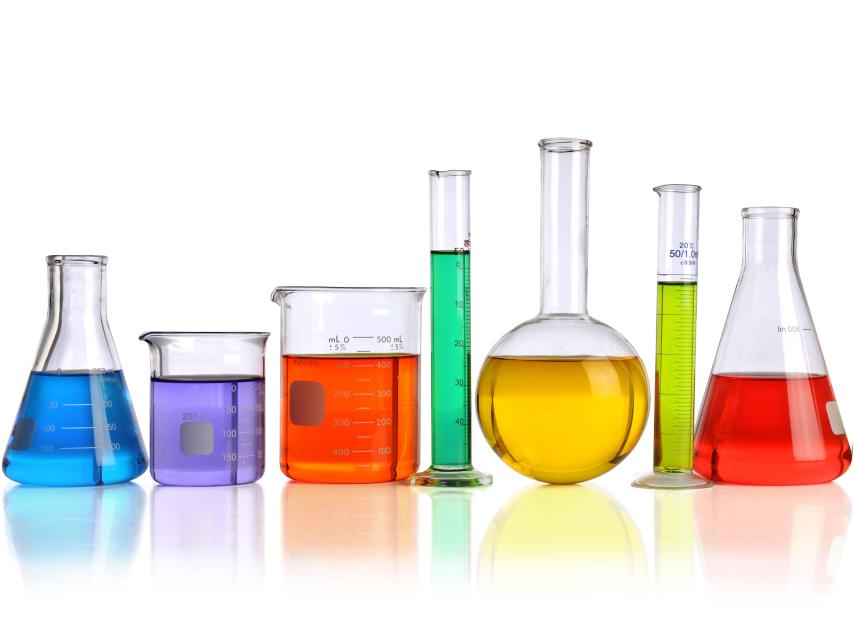ISO 6353 Determination of Inorganic Salts in Laboratory Reagents
The determination of inorganic salts in laboratory reagents is crucial to ensure their purity and reliability. ISO 6353, a globally recognized standard, provides detailed methodologies for this purpose. This service ensures that the reagents used in analytical laboratories meet stringent quality control standards by accurately determining the presence and concentration of inorganic salts.
The process involves several critical steps: initial sample preparation, dissolution of the reagent under controlled conditions, filtration to remove any particulates, and subsequent analysis using gravimetric or titrimetric methods. The gravimetric method measures the loss in weight after drying the salt at a specified temperature, while titrimetric methods involve titrating against a standard solution.
The accuracy of these tests is paramount for ensuring that the reagents are fit for purpose across various applications such as pharmaceuticals, biotechnology, and environmental analysis. Inaccurate results can lead to unreliable experimental outcomes, which could have significant implications in drug development or environmental monitoring studies.
Our laboratory adheres strictly to ISO 6353 procedures to ensure consistent and accurate results. We employ highly skilled technicians who are proficient in handling the delicate processes involved. The use of state-of-the-art analytical balances and ovens guarantees precision throughout the entire procedure.
The importance of this service cannot be overstated, especially considering its role in maintaining compliance with international standards. By adhering to ISO 6353, we not only provide our clients with reliable data but also ensure that their work complies with global regulatory requirements.
In addition to the testing itself, we offer comprehensive reporting services tailored to meet your specific needs. Our reports are detailed and include all relevant test parameters along with any necessary recommendations for further actions if required.
Understanding the significance of this service within different sectors helps us provide more effective solutions. For instance, in pharmaceutical manufacturing, accurate knowledge about the composition of reagents used during synthesis can prevent contamination issues that could lead to product recalls or safety concerns. In biotechnology research, precise measurements are essential for developing new therapies and ensuring consistency across experiments.
This service extends beyond mere compliance; it plays a vital role in advancing scientific research by providing dependable data. It supports the development of innovative products and processes while enhancing overall quality assurance practices within laboratories worldwide.
Benefits
- Achieve high-quality results that comply with international standards.
- Ensure product consistency and reliability for all applications.
- Minimize risks associated with impure reagents in sensitive processes.
- Facilitate regulatory compliance across various industries.
- Enhance trustworthiness of analytical data used in decision-making processes.
- Promote safer working environments by reducing potential hazards from untested materials.
Industry Applications
| Industry Sector | Application |
|---|---|
| Pharmaceuticals | Determine purity levels of reagents used in drug synthesis. |
| Biotechnology | Ensure consistency in experimental conditions for research purposes. |
| Environmental Analysis | Evaluate the quality of water samples processed by laboratories. |
| Materials Science | Analyze components present in solid reagents used during material testing. |
International Acceptance and Recognition
The ISO 6353 standard is widely recognized across numerous sectors due to its stringent requirements and rigorous validation procedures. This recognition ensures that the results obtained from this service are universally accepted, enhancing credibility among stakeholders.
Countries around the world rely on standards like ISO 6353 as benchmarks for quality assurance in laboratory settings. By adhering to these internationally recognized guidelines, our clients can ensure their work aligns with global best practices and contributes positively towards international collaborations and projects.
The widespread adoption of such standards reflects a commitment to excellence in scientific research and development. It also underscores the importance placed on accuracy and reliability when dealing with laboratory reagents.





